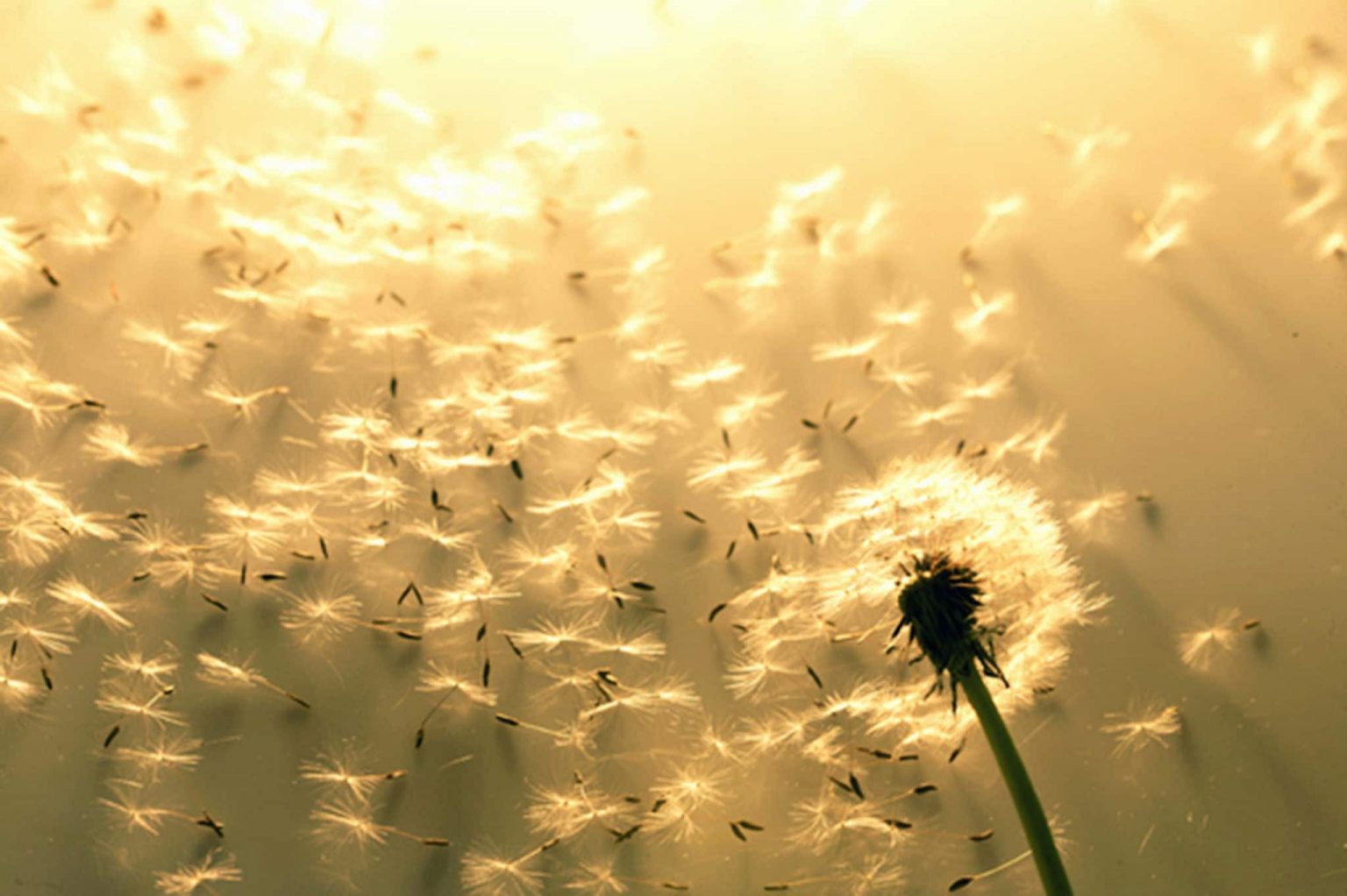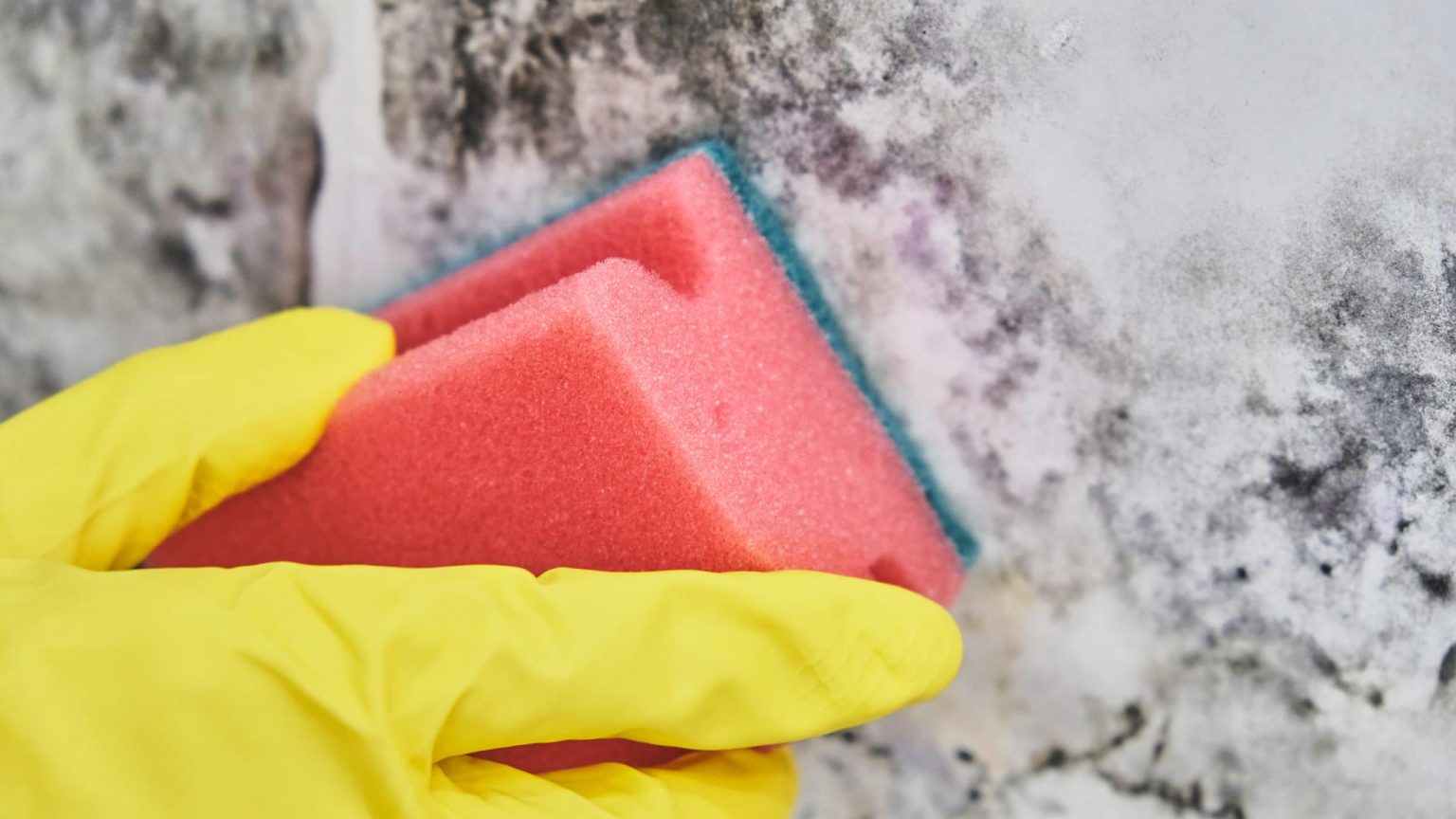There are many allergens; each type has its own set of symptoms that range from mild to life-threatening.
Seasonal Allergies
Allergies fall under two categories: seasonal and perennial. The latter occurs year-round, while seasonal allergies appear during specific times of the year, generally during spring when trees and flowers bloom. They can also occur in the fall, when ragweed is at its worst. Seasonal allergies are often referred to as hay fever.
How Can You Reduce Seasonal Allergies?

There are steps you can take to reduce seasonal allergy symptoms. Avoiding the allergy trigger is first and foremost. Stay indoors when pollen counts are at their peak, especially on dry, windy days. This usually occurs during the early morning and evening hours. Close windows and run the air conditioner.
If you have to go outside, wear sunglasses and consider a dust mask. When driving, keep the windows rolled up and the AC running. Once back indoors, shower to rinse away pollen from your skin and hair. Afterward, wear a new set of clothing. Using a high-efficiency particulate air (HEPA) filter indoors can help keep the air clean.
Over-the-counter medications can help relieve seasonal allergy symptoms. Antihistamines will help reduce sneezing, itching, watery eyes and runny nose. Decongestants help with nasal congestion. An allergist may recommend a long-term treatment method in more severe cases.
Irrigating the nasal passages with a Neti pot or similar rinse can also prove beneficial. If medical treatment is ineffective, talk to your allergist about immunotherapy options (allergy shots).
Mold Allergies

Individuals with mold allergies experience immune system reactions whenever they inhale mold spores. Symptoms are similar to those that occur with other types of allergies and include a stuffy or runny nose, itchy and/or watery eyes, wheezing, cough and postnasal drip. Some people might develop a rash or hives.
Mold allergies can trigger asthma attacks in those who are susceptible.
Molds are common both indoors and outside. They are a type of fungus that thrives in moist, dark places. Not all molds cause allergic reactions, and not everybody who breathes in mold spores will experience symptoms.
Who Has the Highest Risk?
Those whose work exposes them to mold (e.g., farmers, loggers, wine growers), who live in moist or humid environments or who live or work in a building with excess moisture or poor ventilation have a higher risk of developing mold allergies.
How Can You Prevent Mold Allergies?
Take steps to prevent mold growth when possible. Use a dehumidifier to reduce moisture in the home and eliminate water sources from moisture-prone areas such as basements. Use an air conditioner with a HEPA filter. Be sure to run the ventilation fan when taking a shower or bath. Avoid installing carpet in bathrooms and basements.
How Are They Treated?
Treating mold allergies involves the same medications you would use for dealing with seasonal allergies. Antihistamines, decongestants and nasal sprays can all help relieve symptoms. A prescription drug called Singulair has proven helpful in the treatment of mold allergies.
Pet Allergies

Allergies to dogs and cats are the most common pet allergy. The allergens the animal produces are what your immune system reacts to. These allergens may be in the animal’s hair, dander, saliva and urine.
Symptoms Include:
Common symptoms of pet allergens are sneezing, a runny or stuffy nose, facial pain, coughing, chest tightness, shortness of breath and wheezing, watery, red or itchy eyes and a skin rash or hives.
Insect Sting Allergies
An allergy to insect stings goes far beyond the pain associated with the stings themselves. Swelling, redness, flushing, hives, itching and anaphylaxis can occur. Anaphylaxis typically includes trouble breathing, vomiting, low blood pressure, fainting and cardiac arrest. An immediate injection of epinephrine (adrenaline) is the only treatment for this reaction.
Honeybees, hornets, wasps, yellow jackets and fire ants are the five known insects to cause an allergic reaction. Anyone who has experienced a reaction to a sting in the past is at risk of experiencing a worse reaction in the future.
Call Cape ENT & Cape Hearing Center at (302) 703-4025 for more information or to schedule an appointment.